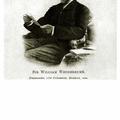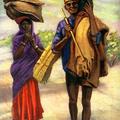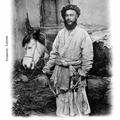Mumtaz-i-Mahal "The Exalted one of the Palace." (from an ivory miniature) The Taj, Tomb of Mumtaz-i-Mahal. Built by the Emperor Shah Jehan.
India Tea Growers advertising postcard. [Verso] Postmarked St. Louis, Missouri, Oct. 1, 1910 and sent to Mrs. W.M. Trane, Trowbridge, Ill. [Illinois, USA]
[Original caption, Verso] Mumtaz-I-Mahal-"the Exalted One of the Palace"-Empress of the Great

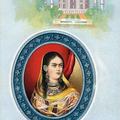
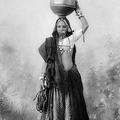
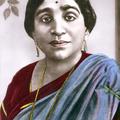
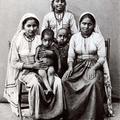
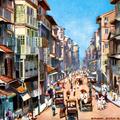
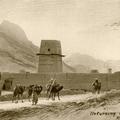
![[Fakir Benares] [Fakir Benares]](https://www.paperjewels.org/sites/default/files/styles/square_thumbnail/public/slides/varanasi-fakir_0.jpg?itok=555f4V-m)
